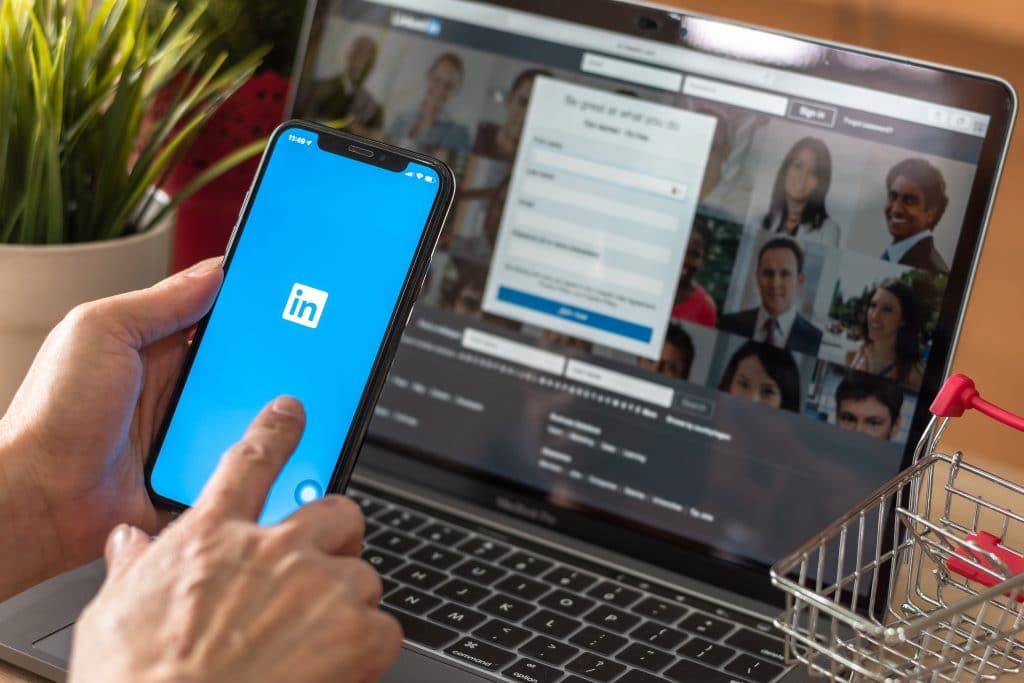Why You Shouldn’t Assume a Streaming Service’s Security

Video streaming services are explosively popular.
LinkedIn Users Exposed on Hacker Forums

The LinkedIn information dump is one on a long list of data leaks in 2021, but this one has greater potential to affect the lives of regular people.
McDonald’s Data Breach: Latest Large Cyber Attack

Even some of the largest companies can be victims of a cyberattack. McDonalds, the world’s most successful fast-food chain proves it.
How to Set Up Two-Factor Authentication on These 3 Common Platforms

Today, we tell you how to set up two-factor authentication options for Google, Microsoft, and Apple accounts.
RockYou2021 Leak – 8 Billion+ Passwords Compromised

Learn about the details of what people are calling the largest data leak in history and what it means for the security of our passwords.








